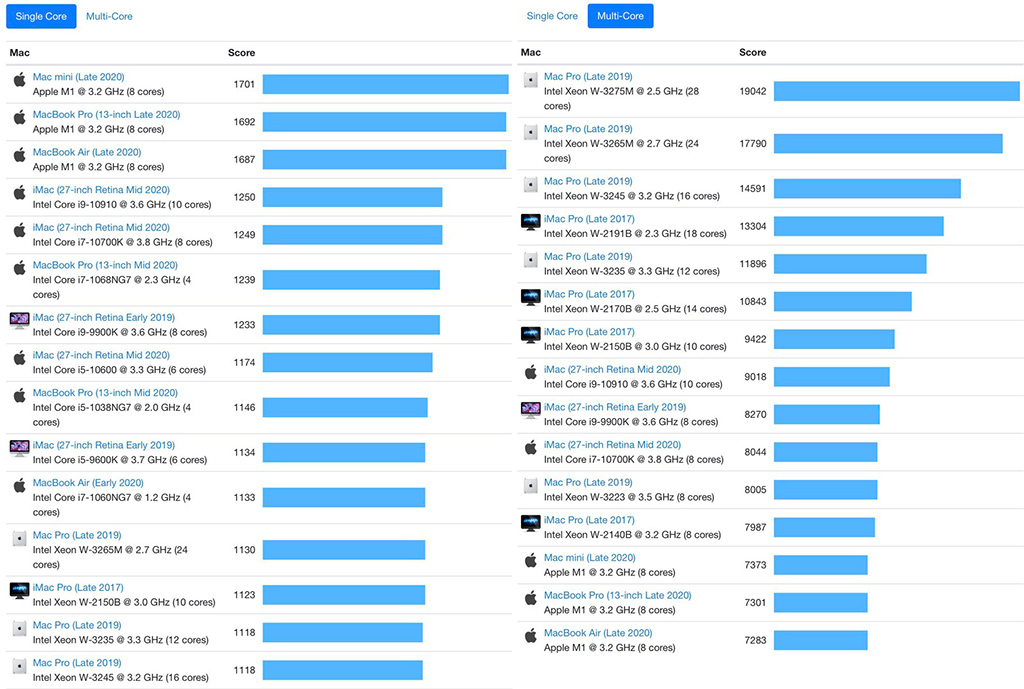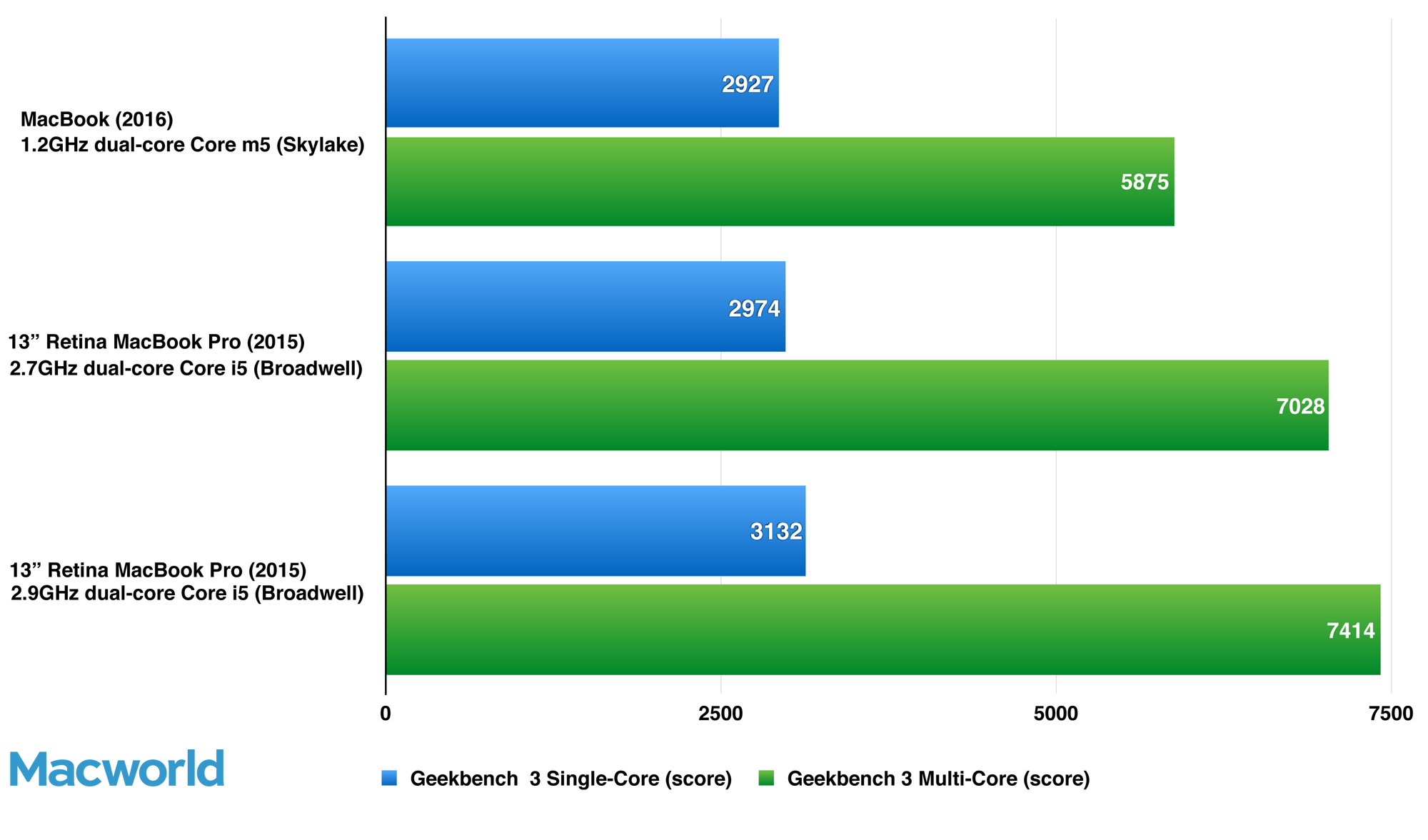

As always, one benchmark doesn't tell the full story. These scores are the average of 602 user results uploaded to the Geekbench Browser.


So, one could say that Apple's high-performance cores could challenge Raptor Cove and Zen 4 cores when working at around 3.77 GHz, at least in this specific benchmark. The MacBook Pro (15-inch Retina Mid 2015) with an Intel Core i7-4980HQ processor scores 1,143 for single-core performance and 3,758 for multi-core performance in the Geekbench 6 CPU Benchmark. Benchmark results for a MacBook Pro (14-inch, 2021) with an Apple M1 Max processor. Geekbench Scores M1 (8-core) Single: 1742 Multi: 7582 M1 Pro (8-core) Single: 1767 Multi: 9948 M1 Max (10-core) Single: 1764 Multi: 12380 The base model 14-inch MacBook Pro with an 8-core. Scoring 2,900 points in single-thread Geekbench 6 workload is good enough to challenge many desktop-class processors, but trails the fastest models by ~10%. These scores are the average of 2 user results uploaded to the Geekbench Browser. Of course, Apple's custom core is traditionally faster than those developed by Arm itself. On the Geekbench 5.4 multi-core test, the M1 Pro and M1 Max scored 12,477 and 12,683, respectively. The MacBook Pro (13-inch Mid 2009) with an Intel Core 2 Duo P8700 processor scores 255 for single-core performance and 435 for multi-core performance in the Geekbench 6 CPU Benchmark. As far as single-core performance of Apple's A17 Pro in Geekbench 6 is concerned, it is 10% faster than its predecessor, the A16 Bionic, which leads to a question regarding whether Apple introduced any microarchitectural CPU improvements with its latest SoC.


 0 kommentar(er)
0 kommentar(er)
